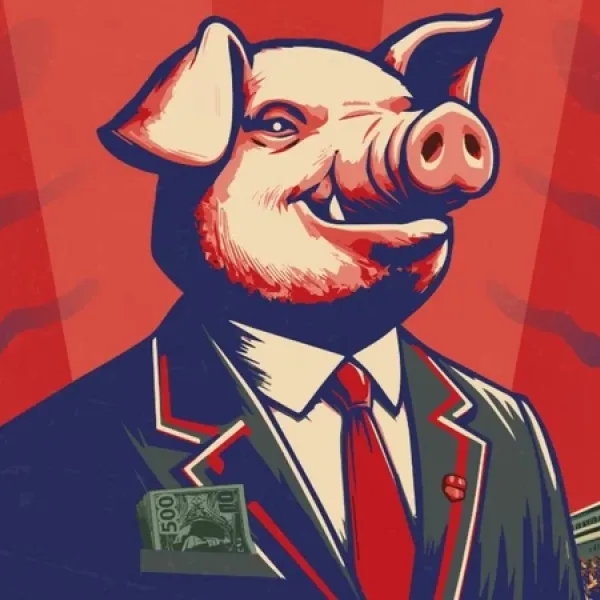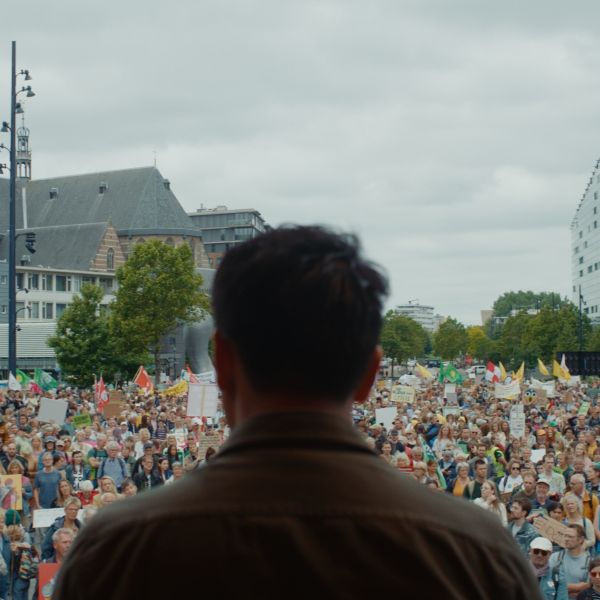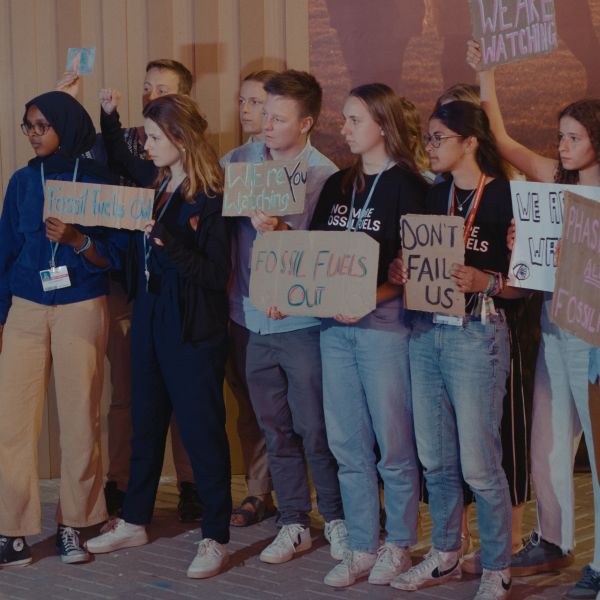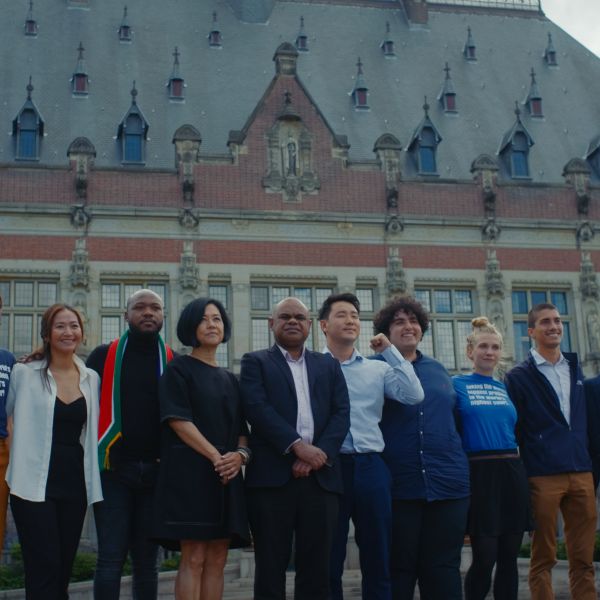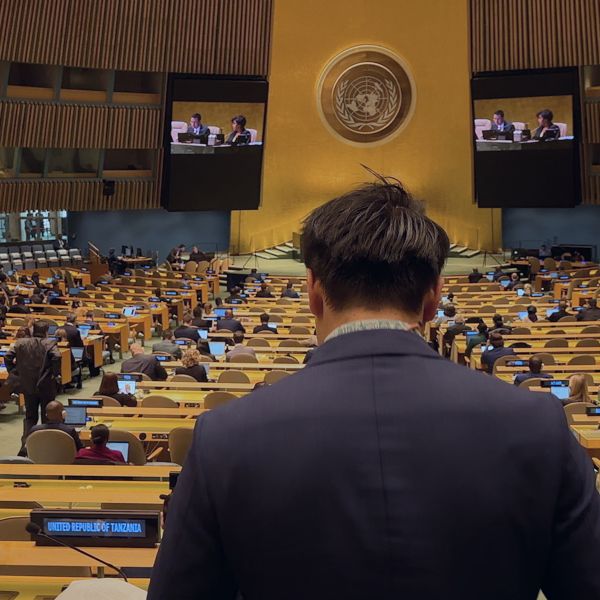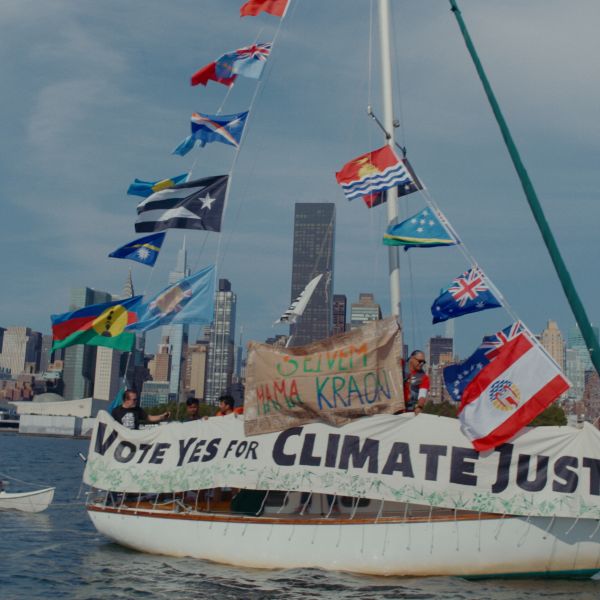Youth Push Climate Crisis to The Hague's ICJ
As the City of Peace and Justice, The Hague is a fitting home for the groundbreaking youth-driven climate justice movement: World’s Youth for Climate Justice (WYCJ) is bringing the world’s biggest problem to the world’s highest court.
Two key figures, Yasmin Bijvank, The Hague Mobilization Coordinator, and Nicole Ponce, Asia Front Coordinator, are preparing for upcoming public hearings and giving us insights into their work.
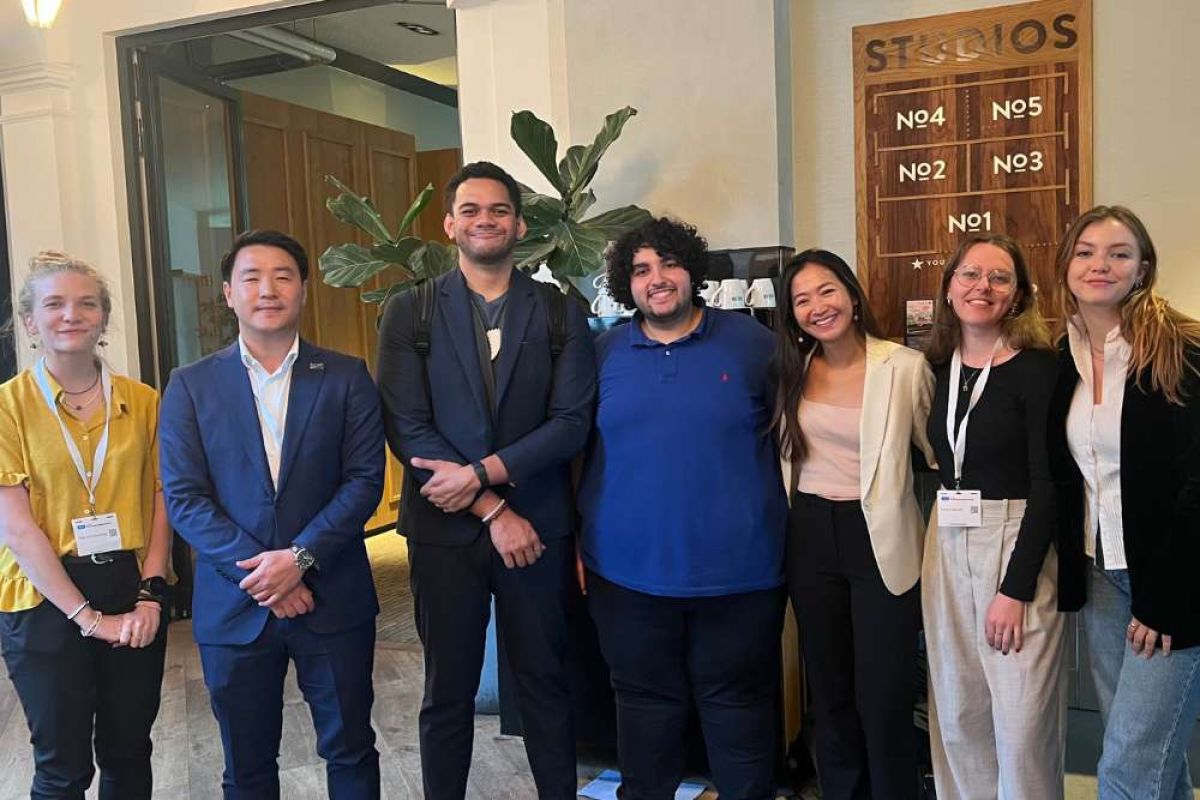
Text by Sacha Celine Verheij
When asked about their own view on climate justice, both - Yasmin second on the right, Nicole third on the right - bring their unique perspectives. According to Yasmin, the way climate change affects you influences your views on climate justice. “In the Netherlands climate issues can feel distant. For many, it’s an abstract problem or something that happens far away,” says Yasmin.
“Those who have less in life, should have more in law.” — Nicole Ponce
But in places like the Philippines, where Nicole is from, the effects of climate change are very tangible. “We experience the consequences of climate change firsthand. Water shortages and food insecurity are harsh realities within my country. Yet, many people don’t connect these issues directly to climate change but solely blame it on poor governance. However, if we don't acknowledge the connection to climate change, there could be major gaps in how we address the problem,” thus Nicole. World’s Youth for Climate Justice (WYCJ) make these connections clearer.
Short background description of WYCJ
In 2019, 27 law students from the Pacific Islands founded PISFCC to raise awareness for the rising sea level and the threat to Pacific Islands like Vanuatu. Together with youth all over the world, WYCJ was founded to tackle this issue on a global scale. On 29 March 2023, the United Nations General Assembly adopted this historic resolution requesting an ICJ Advisory Opinion on climate justice.
Website: www.wy4cj.org/
"Those who have less in life, should have more in law,” thus Nicole —”to be more precise, those who experience the brunt of climate change should have more remedies and more access to justice. WYCJ, a global umbrella organization for youth fighting the climate crisis, tries to tackle climate change through international law on a global scale.
Historic Climate Change Hearings
WYCJ globally campaigns to take climate change and human rights to the ICJ to seek an Advisory Opinion. Nicole, with a background in law, explains: “An Advisory Opinion is not about a specific country being sued, since climate change affects the whole world. It’s the highest court providing guidance and obligations on what countries should be doing about climate change.” The core role of advisory opinions is to develop and clarify international law, particularly by establishing that the climate crisis directly affects human rights.
All the work of WYCJ’s campaigners and its youth movements seems to be paying off. On December 2, public hearings on states’ legal obligations concerning climate change will be held and run through December 13, in The Hague.
“These are historic climate change hearings for ICJ with a record-breaking number of oral statements (98 states and 12 international organizations). Right now, I am trying to get more people involved and let everyone know that these hearings are happening. This Advisory Opinion is also for you! You can watch these hearings with us, and if you can’t come to The Hague, you can organize your own livestream,” tells Yasmin.
This Advisory Opinion will be invaluable for organizations worldwide. It could strengthen legal arguments and support activists and governments aiming to hold states accountable.
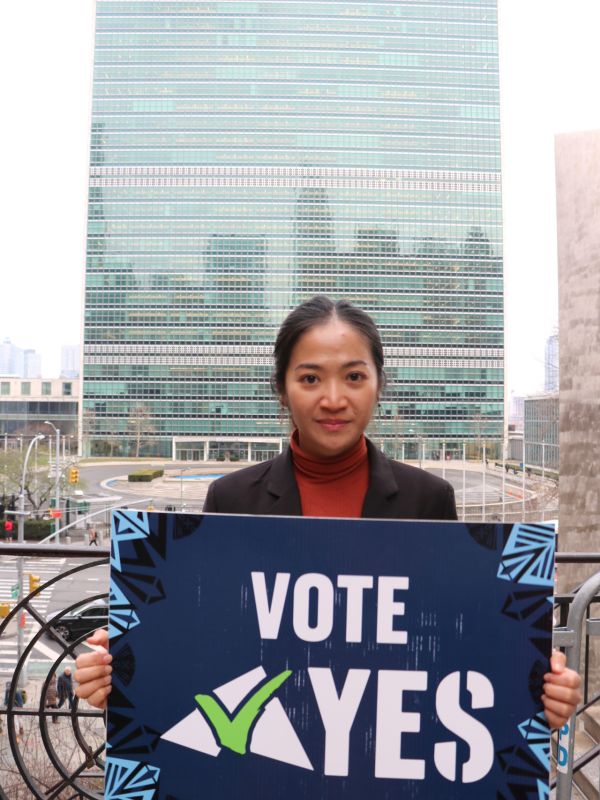
This Advisory Opinion will be invaluable for organizations worldwide. It could strengthen legal arguments and support activists and governments aiming to hold states accountable. If granted, the Advisory Opinion by the ICJ could help shape policies, even in the Netherlands. Yasmin hopes it will be a tool that Dutch residents and officials can point to, reinforcing local and national efforts to combat the climate crisis.
"It feels unfair that those of us in the Global North, responsible for a major share of emissions, continue to benefit while others are left to bear the brunt." — Yasmin Bijvank
Climate Justice Goes Beyond the Science of Climate Change
When discussing climate justice with people in the Netherlands or Europe, Yasmin notices that the conversation often focuses on immediate local impacts—such as fears about sea levels rising and the Netherlands potentially flooding. While these are real concerns, she points out that climate justice goes beyond the science of climate change. At its core, it addresses fairness. For Yasmin, it’s about recognizing that the people most affected by climate change—typically in the Global South—have the least say in how it’s managed yet suffer the worst consequences. She explains, "It feels unfair that those of us in the Global North, responsible for a major share of emissions, continue to benefit while others are left to bear the brunt."
This global inequality reflects the ongoing legacy of colonialism, as Yasmin notes. European countries like Germany, France, and the Netherlands once exerted economic and political power over regions now facing significant climate risks. "Even if I didn’t directly colonize Indonesia, the structures that uphold these relationships are still in place,” Yasmin adds.
Nicole also sees hope as small island states are beginning to shift the narrative on climate issues, asserting their voices on the global stage.
“People often don’t associate climate justice with decolonization efforts,” Nicole explains. She highlights how colonial history influences climate justice perceptions today. "Climate justice isn’t just about the environment; it’s linked to decolonization," she says. She points out that the institutions that shape international responses to climate issues were established during colonial times and often serve the interests of those who created them. This historical dynamic affects how officials from the Global South view themselves in international spaces like the ICJ. But Nicole also sees hope as small island states are beginning to shift the narrative on climate issues, asserting their voices on the global stage.
Every voice matters: “You can make a 30-second video about your experience with climate change, whether it’s in The Hague or elsewhere. Use #WitnessStand, and we’ll share it on our platform."
How You Can Get Involved in Climate Justice
Both Yasmin and Nicole emphasize the role of The Hague as a hub for peace and justice. “This city hosts the world’s courts,” says Nicole, “and we hope that people here see the connection. Climate justice is a human rights issue."
To get residents involved, WYCJ hosts events around the city. From organizing public screenings of documentaries [upcoming YUMI movie night on November 16] to facilitating discussions during upcoming ICJ hearings on climate justice. The aim is to create a space where everyone feels welcome and connected to this cause, even if they’re not directly affected by climate issues.
The Hague might not face the same immediate risks as other parts of the world, climate change is already visible here. “It’s 20 degrees in October and barely raining,” Yasmin notes.
Nicole states that every voice matters. “You can make a 30-second video about your experience with climate change, whether it’s in The Hague or elsewhere. Use #WitnessStand, and we’ll share it on our platform.”
Addressing climate justice locally, in places like The Hague, is essential. It requires residents to look beyond their own borders and consider how actions and policies here impact communities around the world. For Yasmin and Nicole, this work isn’t just about environmental science—it’s about dismantling systems of inequality, recognizing shared responsibilities, and creating a fairer, more inclusive world for all.
🎬 This interview got you curious for more? Come to Just Peace Movie Night with ‘YUMI - The Whole World’ this Saturday 16th of November! This documentary tells the story of how WYCJ came about. Get your free ticket here!
Visit the WYCJ website for more on events, ways to support, information on the public hearings or volunteer opportunities. And remember, this isn’t just a global movement--- it’s a local one, too, and it needs the voices of The Hague’s residents to make an impact.
